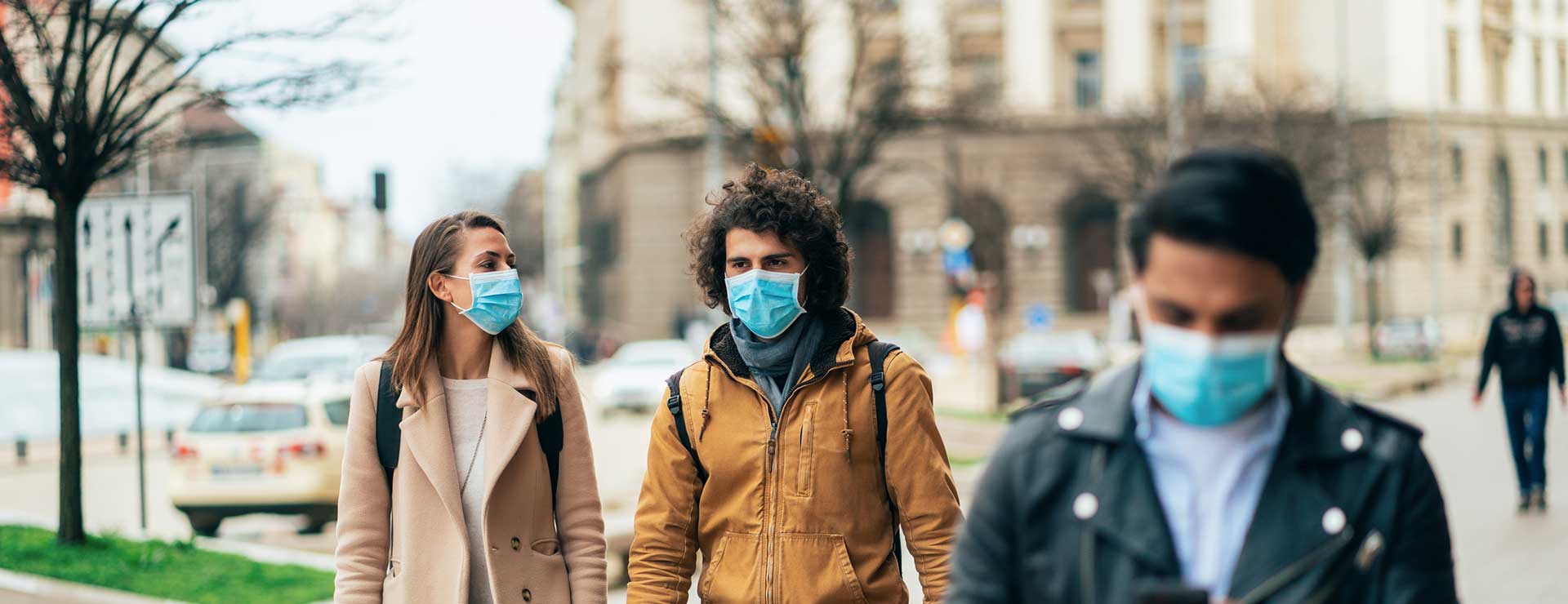According to John Hopkins Medicine, respiratory illnesses are more common in the colder months, just like the winter season. That said, it’s important to watch our health during this time. Being indoors most of the time spreads viruses quicker, and the cold weather may weaken our resistance against the diseases they cause.
Given that we are not yet certain if the current pandemic will last until next year, boosting our immune system remains highly critical, especially if even staying at home wouldn’t save us from catching respiratory illnesses. So aside from keeping yourself and your family warm, we must also ensure our lung health.
Here Are Some Tips For You:
Know The Diseases You Could Be Prone To
The most common respiratory illnesses in winter are as follows:
- Common Cold
- Flu
- Acute Bronchitis
- Chronic Bronchitis
- Pneumonia
- Whooping Cough
When you’re experiencing the symptoms of these illnesses (usually runny nose, coughing, fever), immediately isolate yourself and take the prescribed medications. And since those illnesses could also be a symptom of COVID-19, consider getting tested, so you can receive urgent care and have your life saved should you test positive.
Boost Your Respiratory Health
If you’re not experiencing any symptoms, don’t take your good health for granted. Start boosting your respiratory health right away wearing a scarf (with your mouth and nose covered), avoiding exercise outdoors, breathing through your nose, and being conscious of the air quality you’re exposed to. If there are pollution reports in your city, always be updated, and stay at home if pollution is reported to be high.
If you are under prescribed medication, don’t forget to bring your meds when you’re going out. Consult your doctor if you have inquiries about dosages and the state of your respiratory health.
Check your heating system. (HVAC, water heaters or boiler)
The warmth wouldn’t just be for our comfort, but for our resistance against illnesses as well. Check your heating system, especially if you haven’t used it much in the previous season.
Ensure that your heaters don’t have leaks, rusty water, or unusual noises. If they exhibit any of those, immediately call in a water heater repair expert from Salt Lake City or any other area. Leaks may look harmless, but they can actually cause an explosion if not mended quickly, so don’t underestimate this problem.
Wear Comfortable Winter Clothes
Even if you are indoors, wear a pair of warm socks and slippers to keep your feet feeling cozy. For your outerwear, opt for wool, cotton, and fleece.
Consume Warming Food And Drinks
Many of us probably crave for ice cream during the winter, but let’s try to stick to the warming foods more. Porridge, stews, and soups are the best dishes to be eaten during freezing temperatures. They’re healthy, too.
When you need a warming drink, go for hot coffee or tea instead of wine. Alcohol keeps you warm because it expands the blood vessels in your skin, but in turn, it draws the heat away from your vital organs.
Exercise
Don’t forget to be active. You don’t have to engage in a HIIT workout if you’re body’s not used to it; even light exercises will help keep you warm and healthy. Do home or gym workouts, but never outdoor ones to avoid getting sick.
Our bodies may be used to the cold, but that doesn’t always mean our immune system is particularly strong. Stay warm and cozy, and save yourself and your family from the viruses lurking in the cold air.




